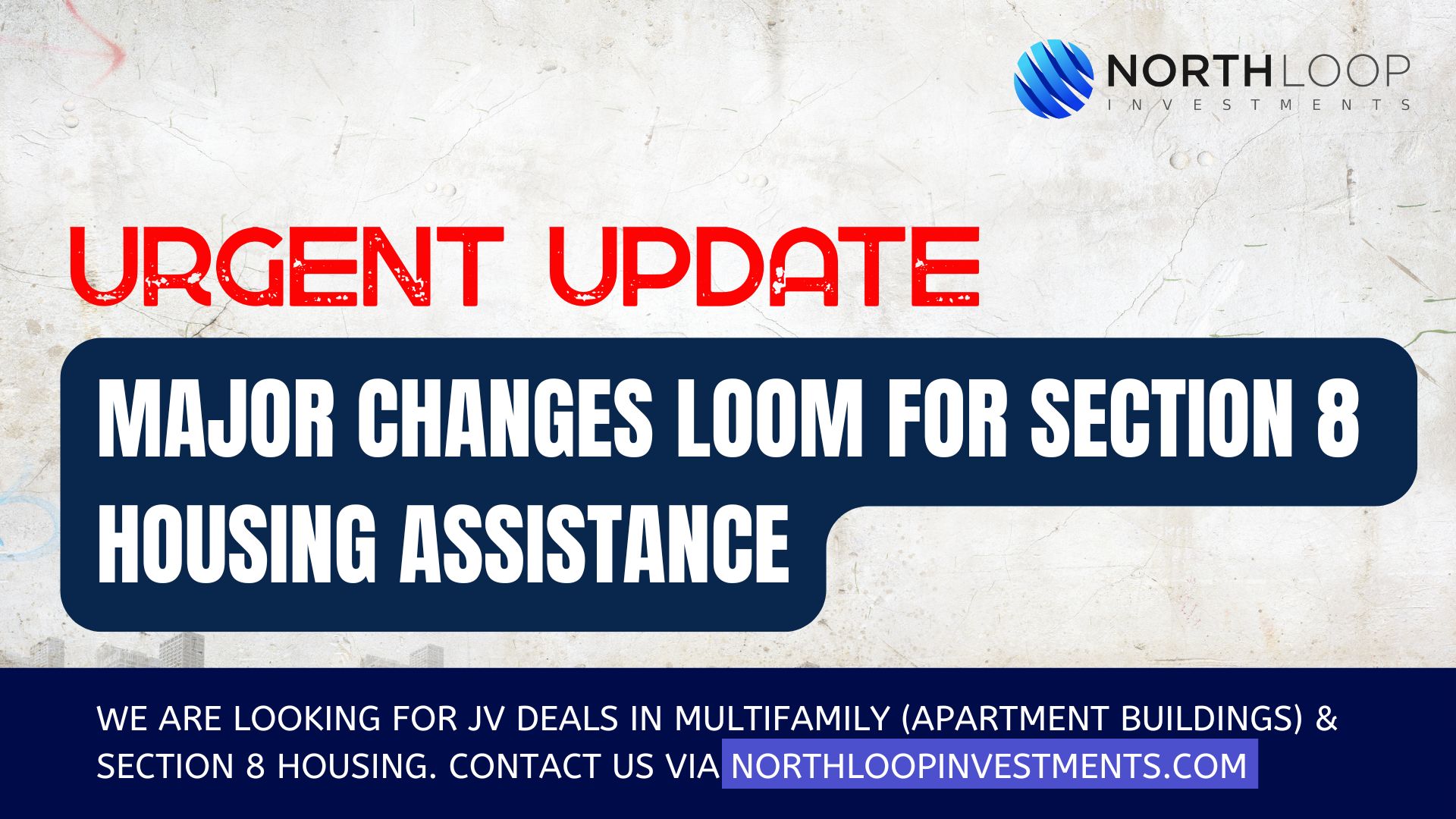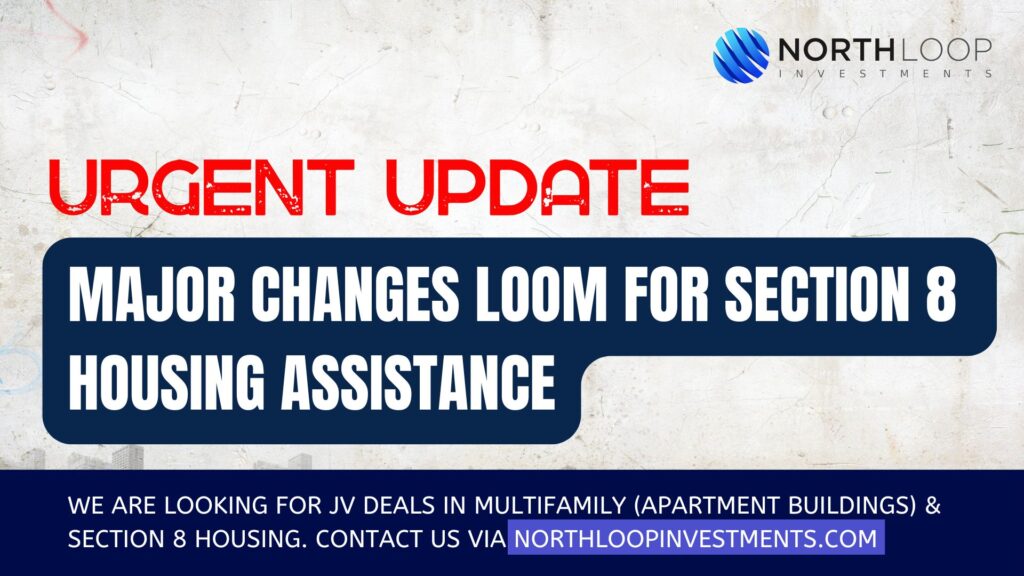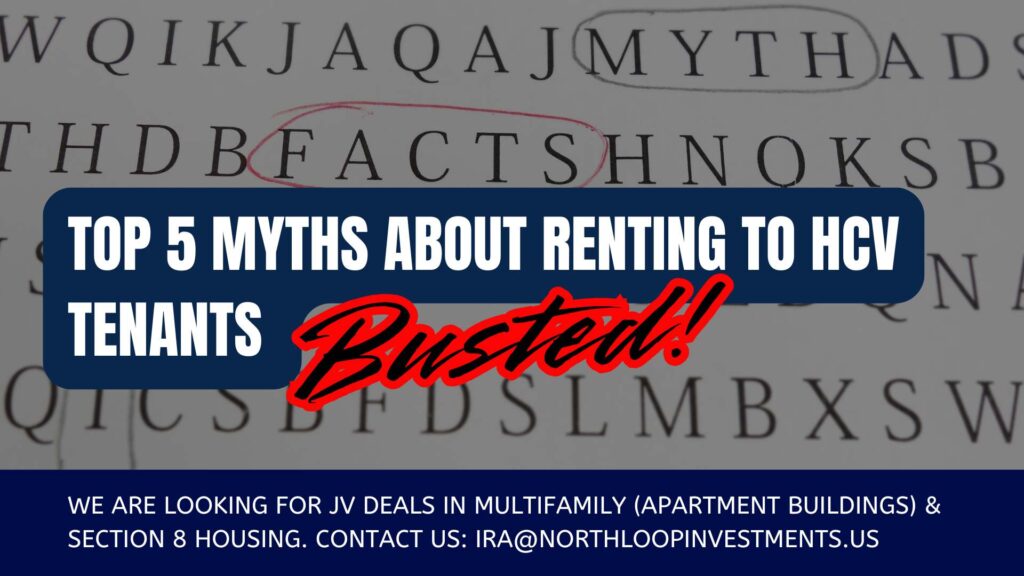We’re bringing you an urgent update regarding potential significant changes to the Section 8 Housing Assistance Program, a lifeline for countless low-income individuals and families.
Recent discussions indicate a strong push for a major overhaul, with implications that could affect current recipients, those on long waiting lists, and the way housing assistance is administered nationwide. Here’s what you need to know based on the latest information:
Key Proposed Changes to Section 8:
Significant Federal Funding Reduction & Potential Cancellation:
The program, formally known as the Housing Choice Voucher program, is facing calls for substantial reductions in federal spending, with some proposals even hinting at a majority cancellation of current provisions. The proposed cut is around 40% in federal funding to state housing authorities.
Shift of Responsibility to States:
A major theme in the proposed changes is the federal government’s desire to reduce inefficient federal spending. The plan is to drastically reduce federal funding and push the financial and administrative burden onto individual states. This would mean states would largely be responsible for funding and managing their own housing assistance programs, potentially leading to more state-specific solutions.
Limited Access for Able-Bodied Adults Without Dependents (ABA AWD):
A specific demographic being targeted for reduced benefits across various assistance programs, including Section 8, are able-bodied adults without dependents. Proposals suggest limiting their access to rental assistance to a maximum of just two years. The goal is to cycle the money through more people and help those who need it get back on their feet.
Impact on Landlords:
Increased Turnover: The two-year limit for ABA AWD individuals means landlords can no longer rely on Section 8 tenants as a long-term, “forever” solution. This will lead to higher vacancy rates and potentially impact profits.
Potential for New State Programs: As states take on more responsibility, new affordable housing programs and opportunities for landlords may emerge.
Broader Housing Market Considerations:
The speaker in the YouTube transcript believes that Section 8 funding isn’t the primary driver of homelessness.
They advocate for tax breaks and deregulation to stimulate housing supply, which they believe is crucial for affordability, especially in major metropolitan areas.
The speaker advises real estate investors to be prepared for changes but not to freeze. They emphasize getting into a position to buy real estate, especially during times of economic turmoil when opportunities may arise.
Positive Aspects of the Proposed Changes:
The proposed changes exempt disabled individuals, veterans, and the elderly, focusing on able-bodied individuals who could be in the workforce.
The speaker highlights a proposed budget allocation for down payments for individuals aging out of foster care, which they see as a practical and universally supported use of tax dollars.
The shift to state-level control could allow for more tailored solutions to address specific state needs, as housing challenges can vary significantly between states.
Limited Assistance Currently:
Currently, the Section 8 program assists approximately 2 million people, part of a broader group of 10 million receiving rental assistance. However, the system is already severely backlogged; only about one in four eligible individuals actually receive assistance, with waiting lists often extending for many years. These proposed changes could further strain state resources and significantly impact those in need.
What This Means for You:
While these are currently proposed changes that require approval from lawmakers, it’s essential to be aware and prepared. The direction of these discussions suggests a strong possibility of these reforms materializing.
For landlords, this means adapting your strategies to account for potentially higher tenant turnover. For everyone, it highlights the need to stay informed about potential shifts in housing policy and support initiatives that address the root causes of housing affordability issues.
We will continue to monitor these developments closely and bring you updates as they unfold.
Stay informed,
Ira Fishman
Disclaimer: This article provides general information and should not be considered legal or professional advice. Please refer to the official HCV Program Guidebook and relevant regulations for the most up-to-date and accurate information.
If you are a Section-8 property owner with HAP contract and looking to sell, we are always interested in exploring how we can work together for a seamless disposition/exit of your properties. Please contact us via below link:
About NorthLoop Investments: Our Principals at North Loop Investments have owned and operated HAP properties in Midwest and Southeast. Our properties include disability and family projects. We are approved to own and operate HUD housing with prior 2530 clearance. Upon your request, we would be happy to provide any additional information about our company or go to our website at: https://northloopinvestments.com/








